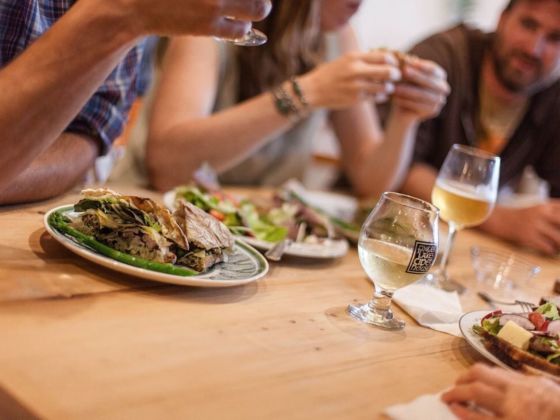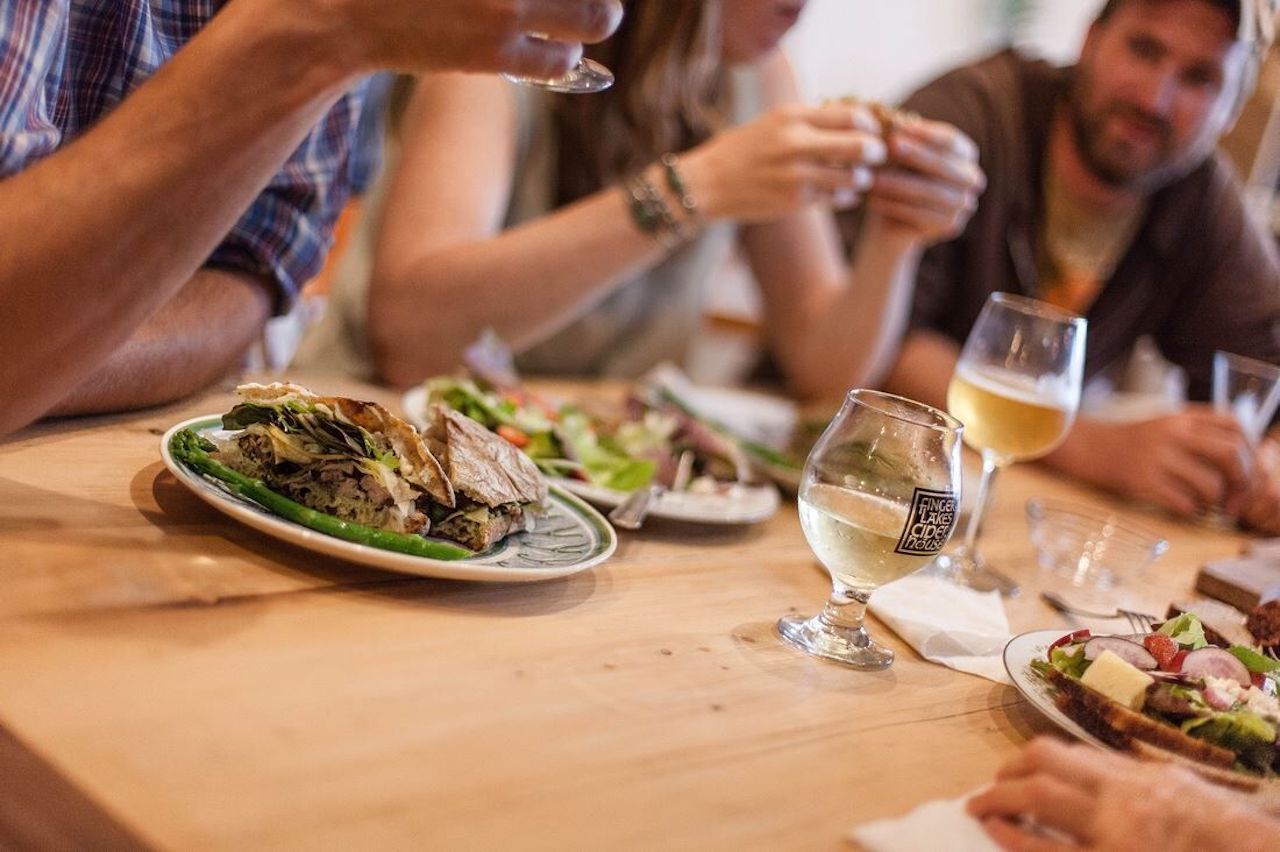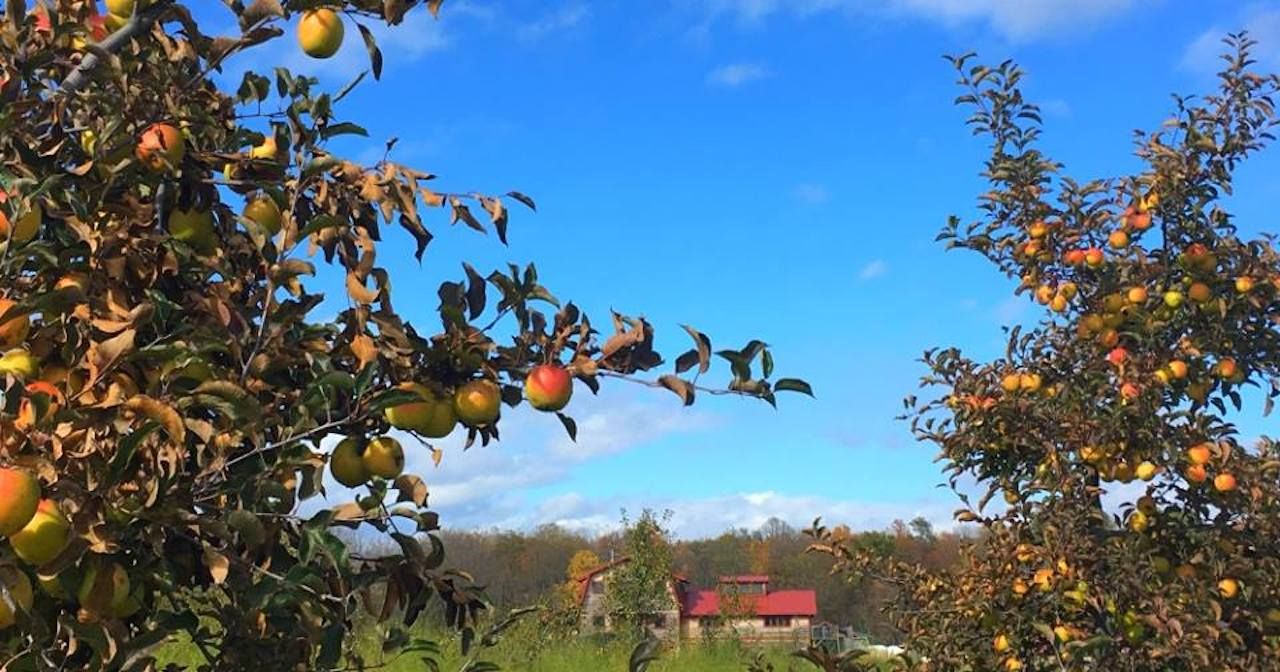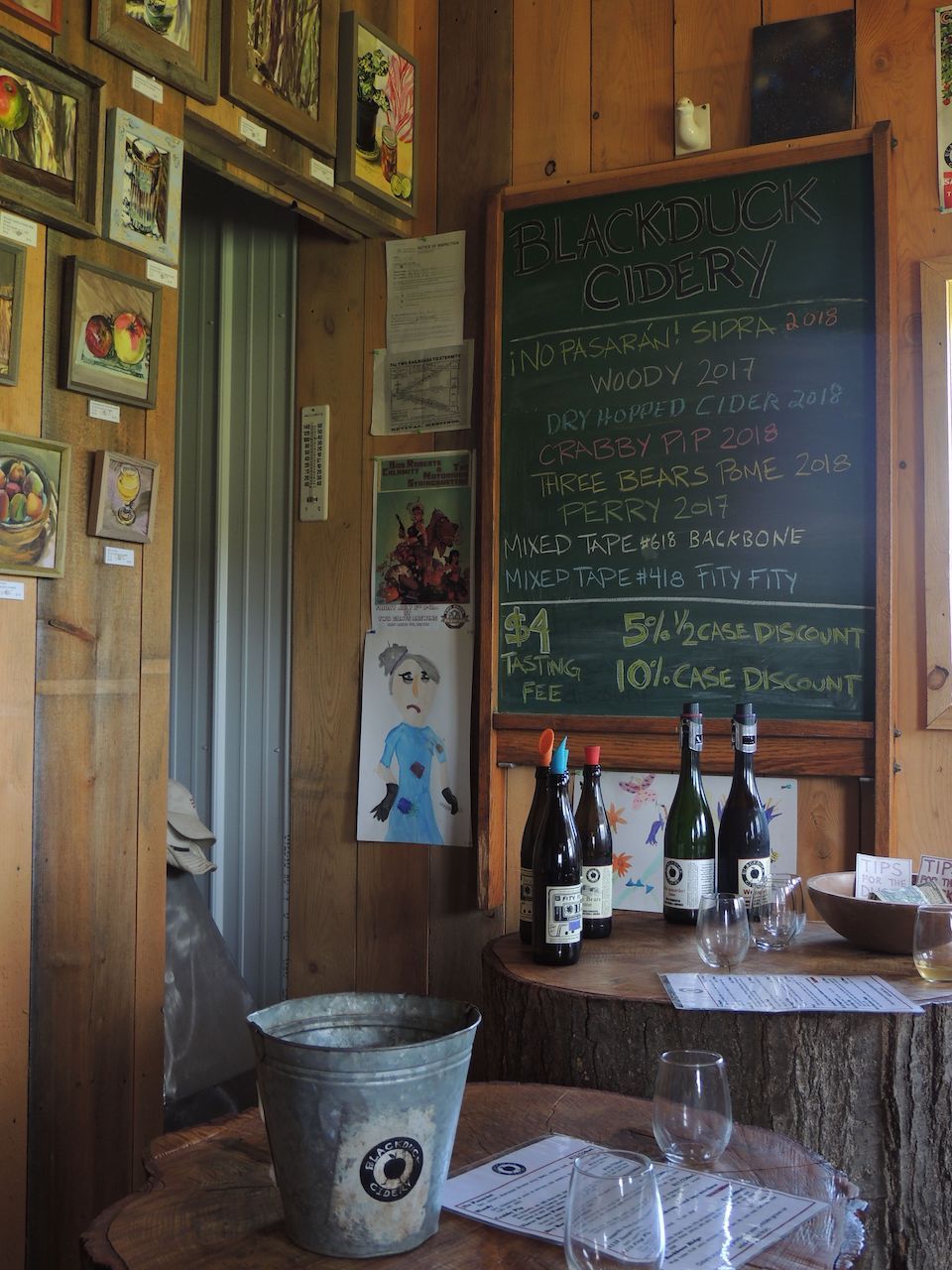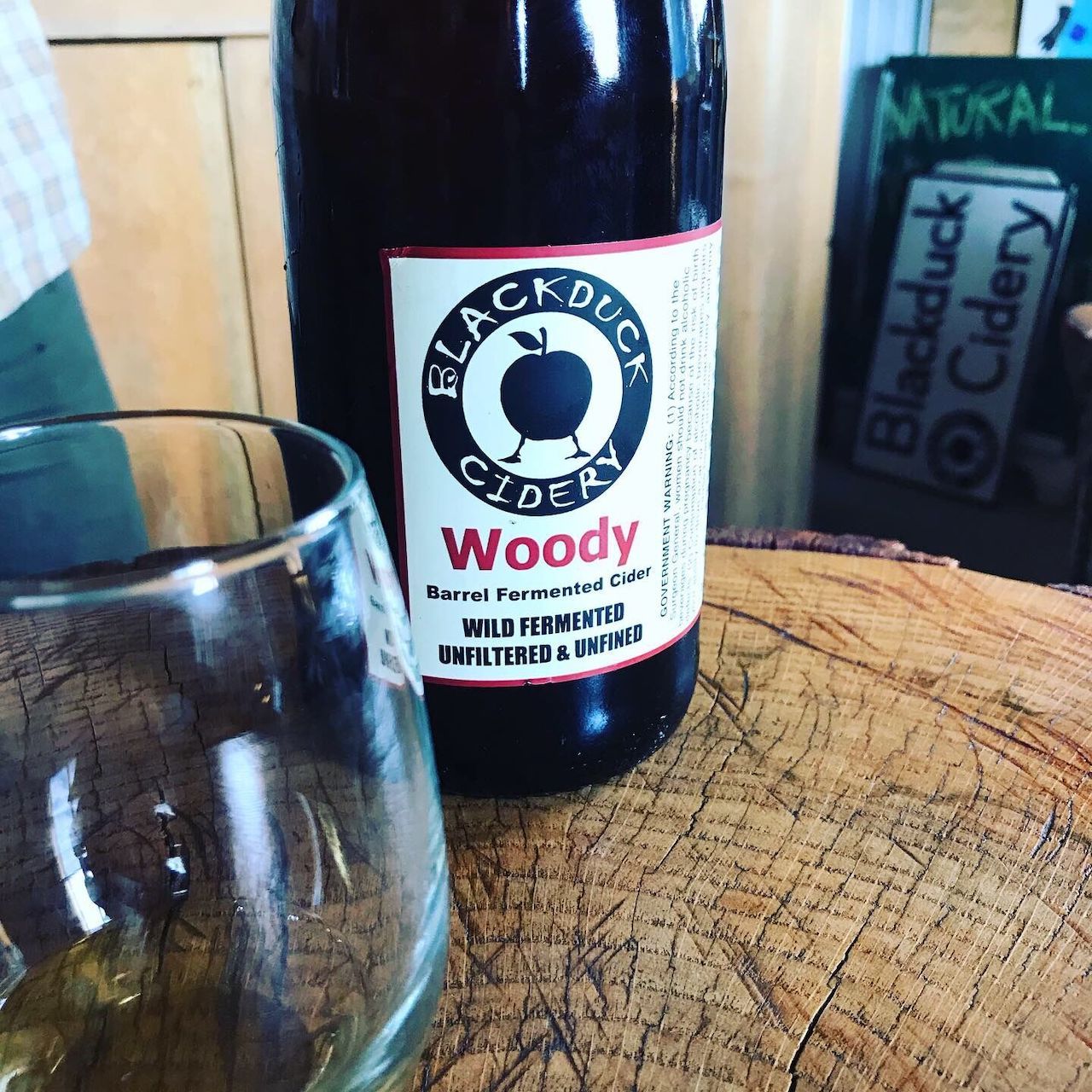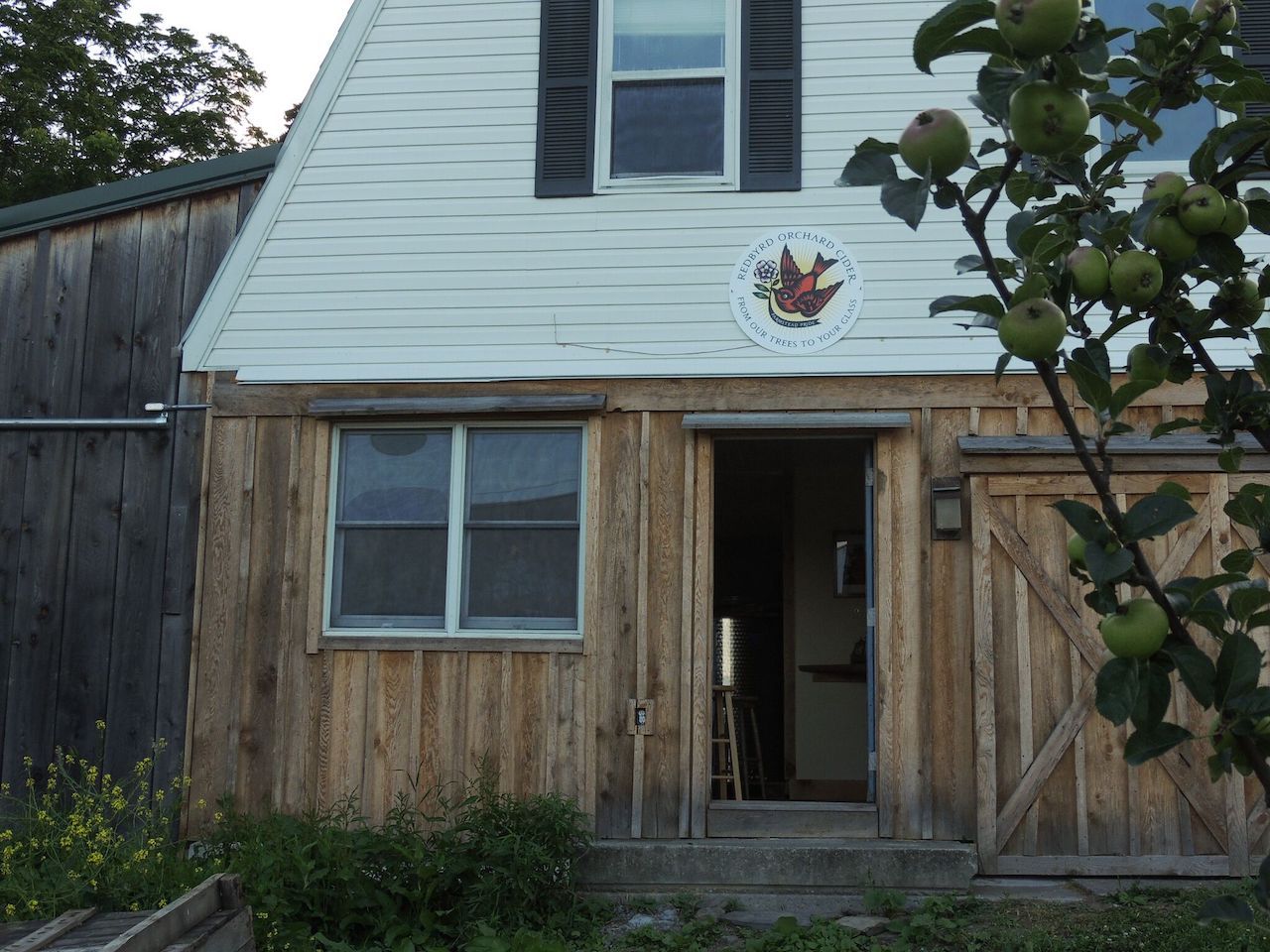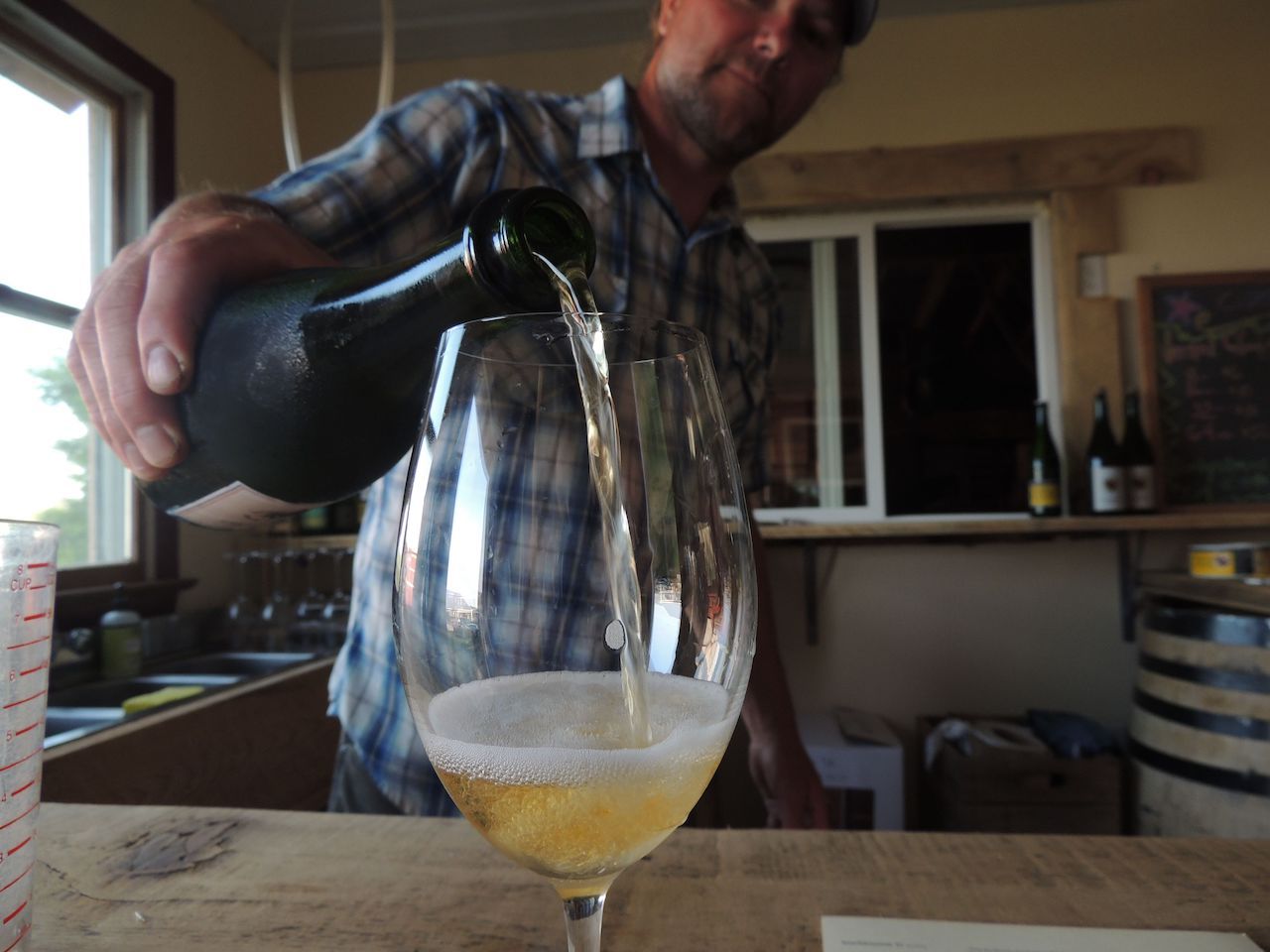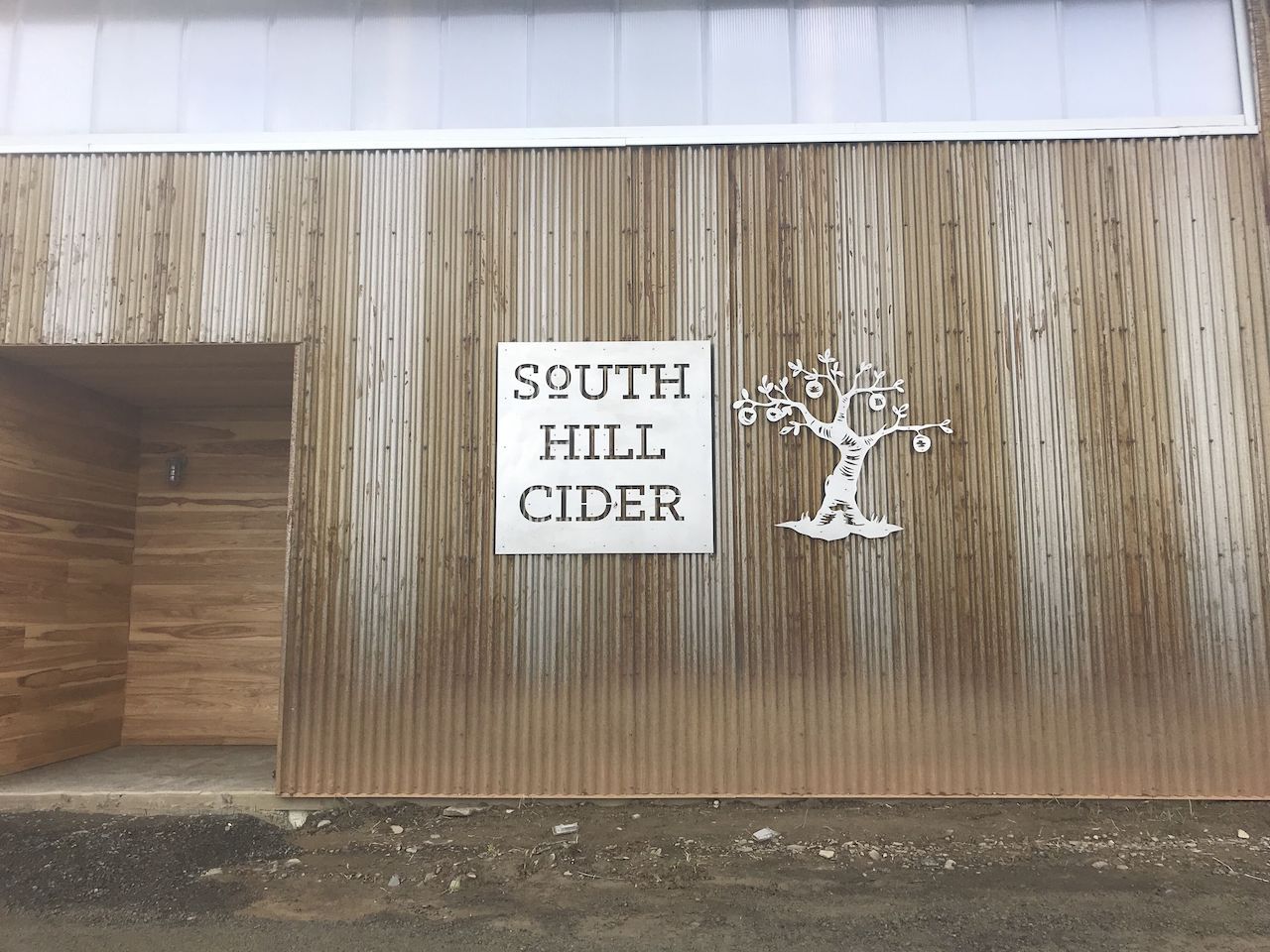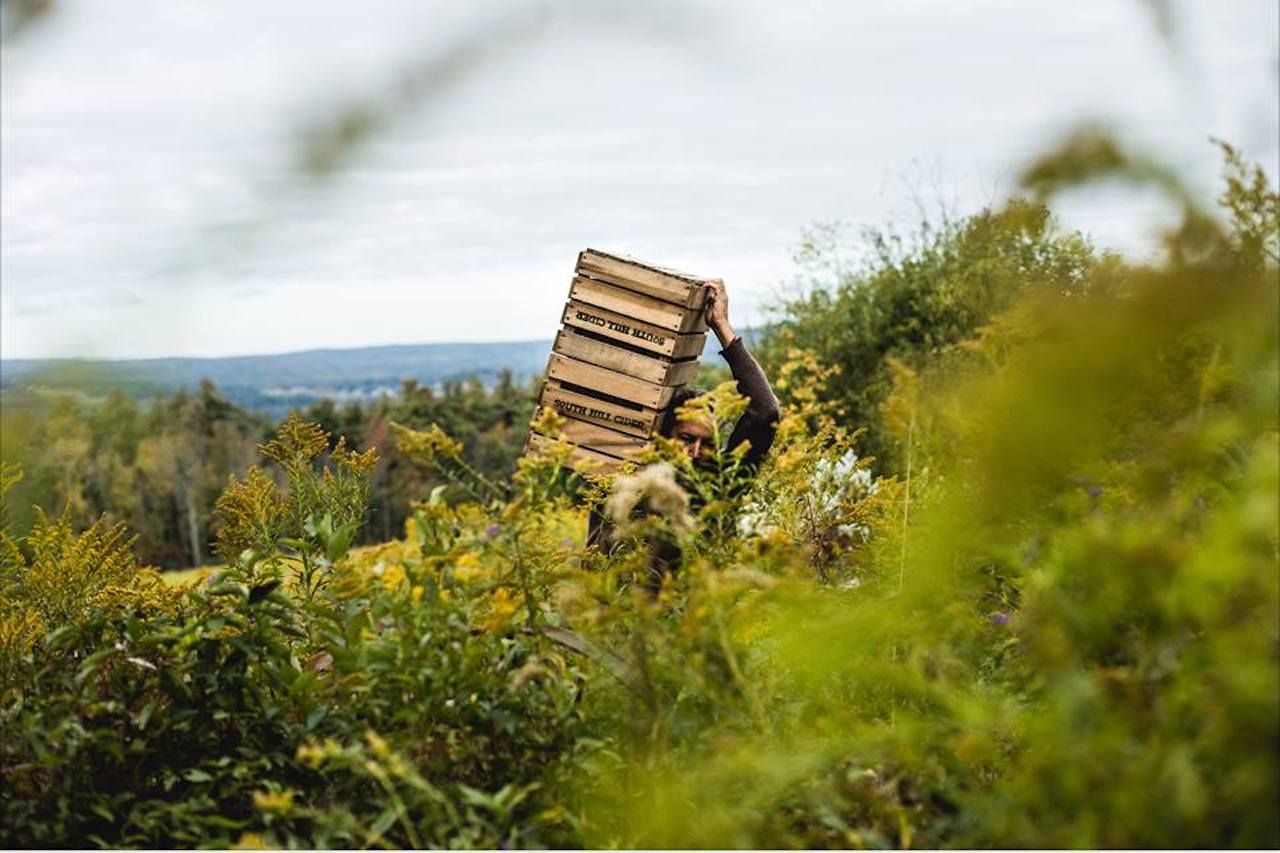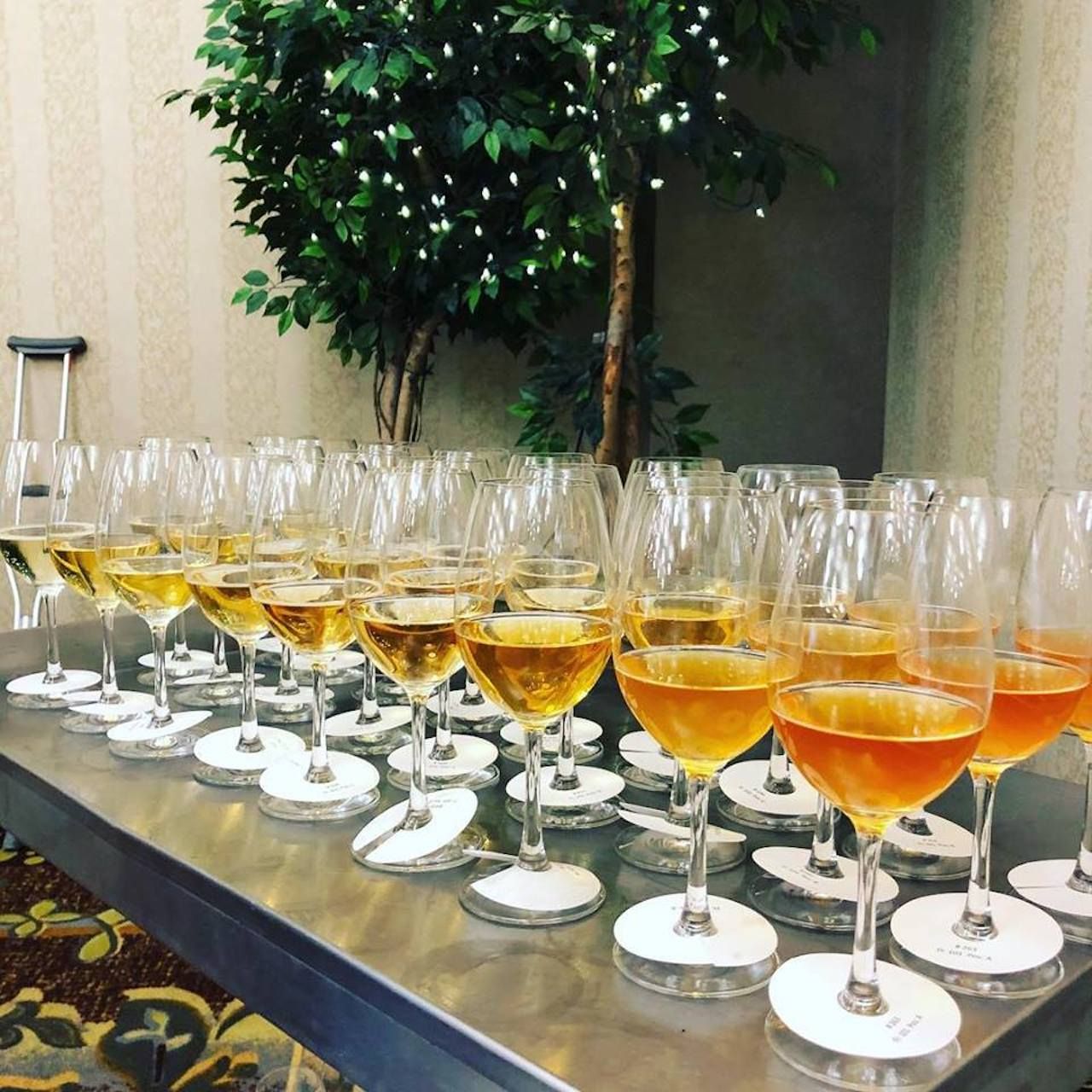I’m busy making friends with the calico cat sunbathing in a window at Blackduck Cider‘s Ovid, New York, tasting room, when I hear, “That cat isn’t fat enough to eat yet. We’ll wait until fall, then we’ll roast her.” I turn around to find John Reynolds, founder and head cider maker, emerging from the cluttered storage area.
Reynolds is an opinionated and passionate farmer with a sense of humor, and he focuses on producing extraordinarily delicious wild fermented cider. He’s not alone. Ithaca has 10 cideries in a 30-mile radius, making it the highest-density cider region in the state, including some of the best cider makers in the country. The region is just waiting on the recognition it deserves.
